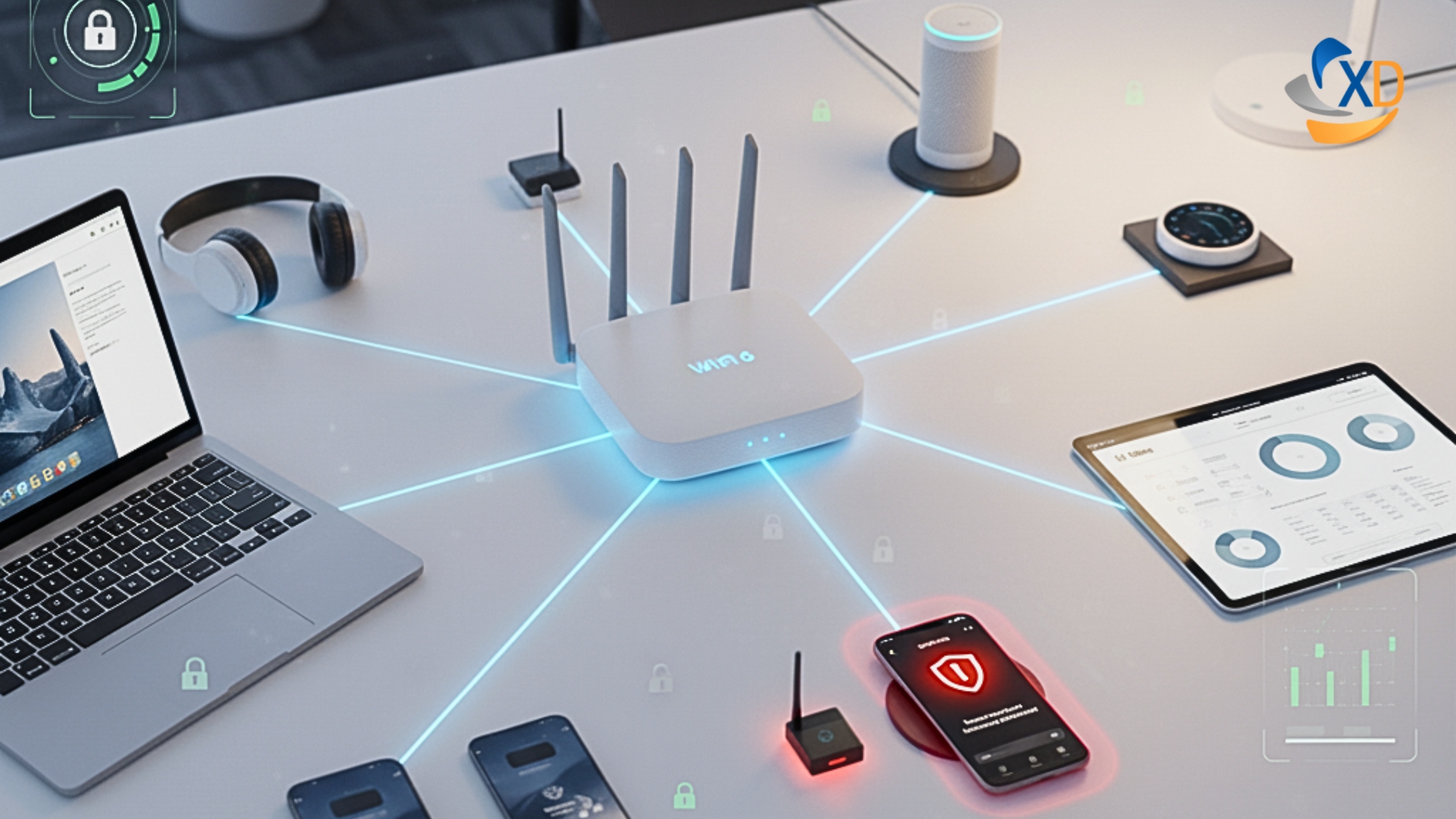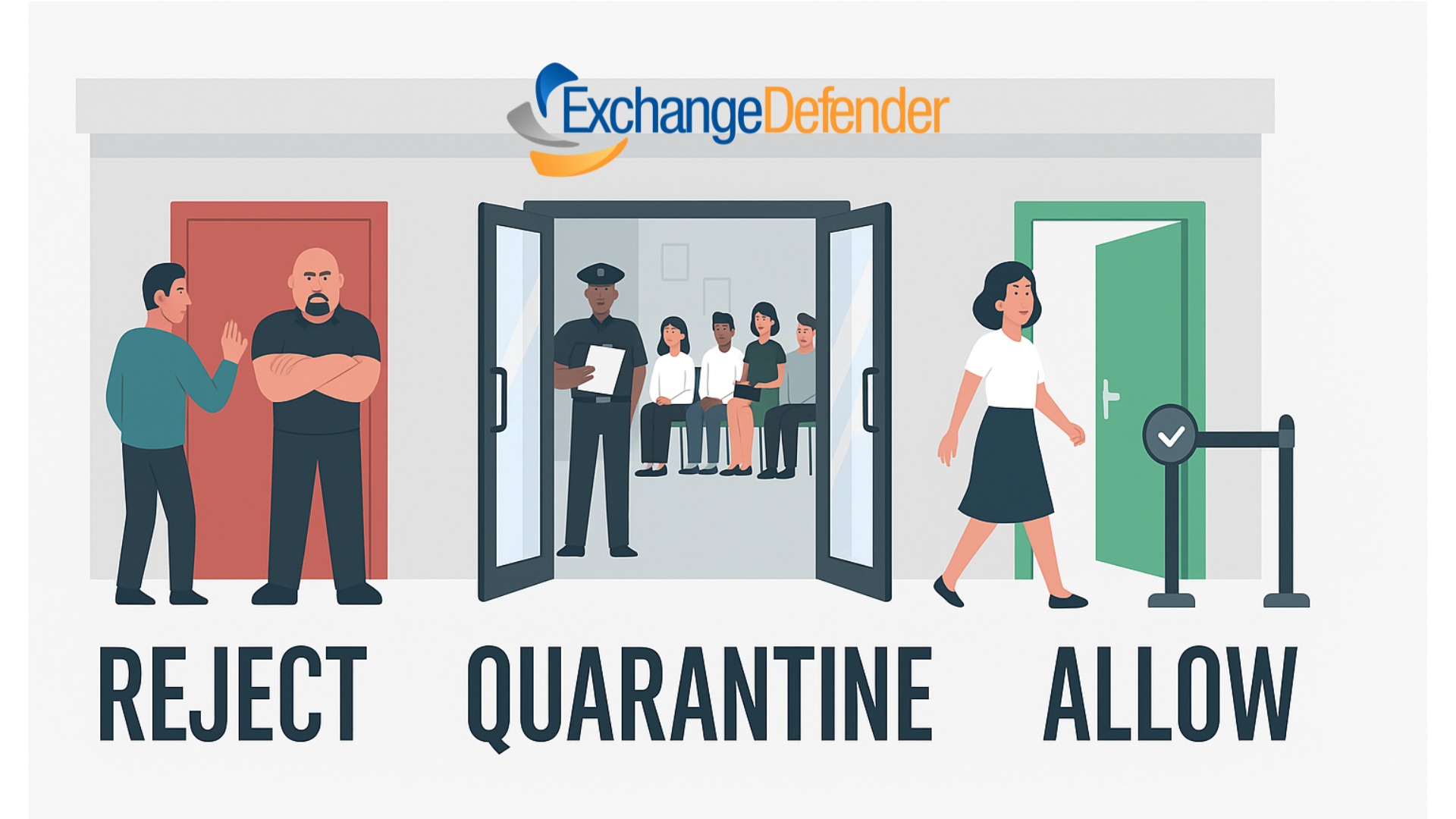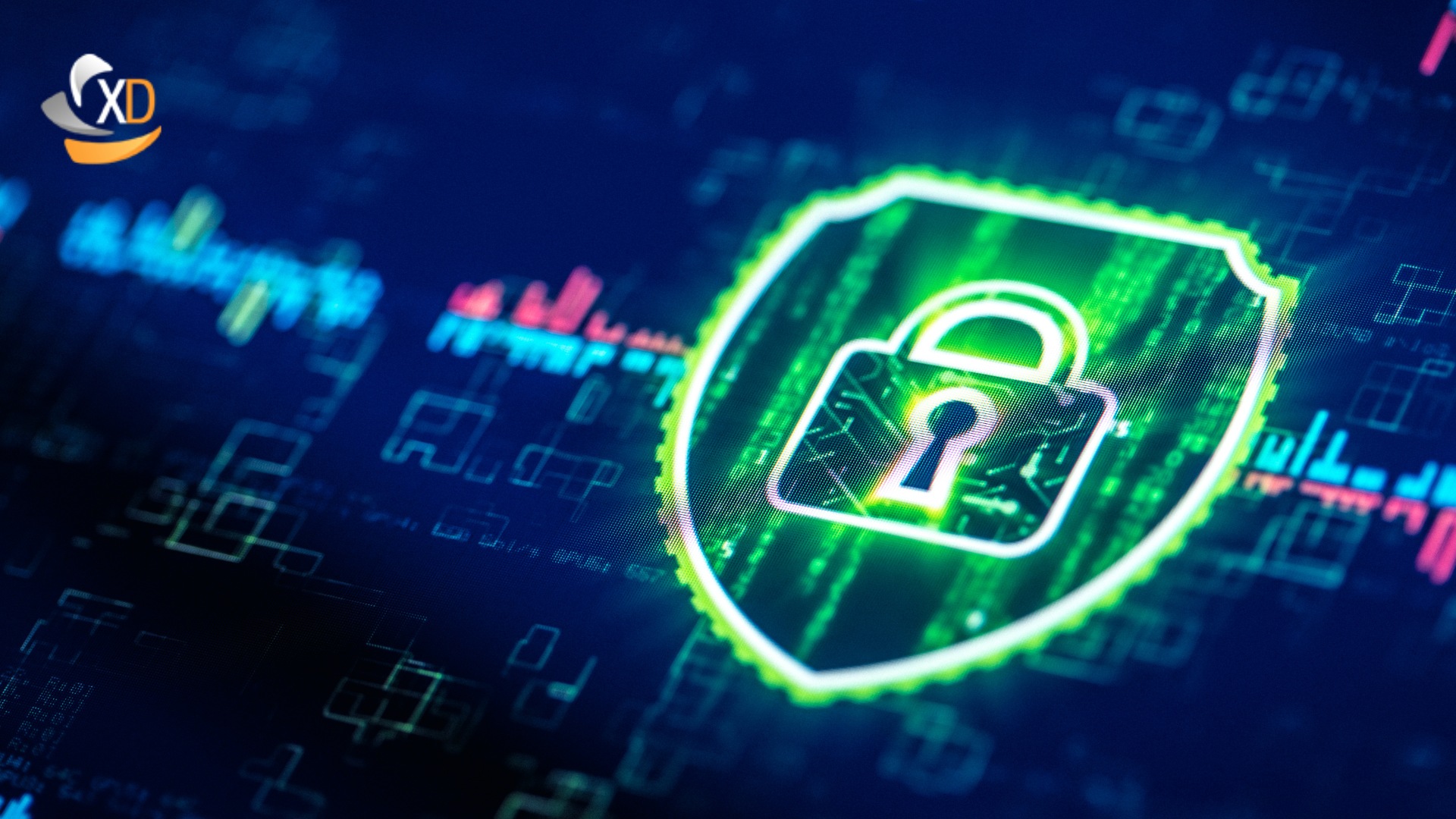Is It Safe to Email Your Social Security Number (SSN)?

In today’s digital world, protecting your Social Security Number (SSN) is crucial. Sharing it via email is generally discouraged due to the inherent risks of data breaches and phishing scams. So, can ExchangeDefender, an email security solution, make emailing your SSN safe? Let’s break it down:
The Risks of Emailing Your SSN:
- Unsecured Connections: Even with basic email services, messages can travel through unencrypted connections, making them vulnerable to interception.
- Human Error: Accidental mishaps like sending the email to the wrong recipient can expose your SSN.
- Phishing Attacks: Deceptive emails disguised as legitimate sources can trick you into revealing your SSN.
How ExchangeDefender Helps:
While ExchangeDefender offers robust security features, it can’t guarantee complete safety for emailing your SSN. Here’s why:
- Encryption Focus: ExchangeDefender primarily focuses on encrypting emails within your organization and with trusted partners.
- Limited Control over Recipient Security: ExchangeDefender can’t control the security measures of the recipient’s email server.
- Phishing Vulnerability: ExchangeDefender may not always catch sophisticated phishing attempts that target you specifically.
Alternatives to Emailing Your SSN:
Here are safer ways to share your SSN:
- Secure Online Portals: Many businesses offer secure online portals where you can upload or enter sensitive information.
- Encrypted File Transfer Services: Use file-sharing platforms like ExchangeDefender Web File Server, with strong encryption to send your SSN securely.
- Fax or Certified Mail (if absolutely necessary): These methods offer a paper trail but might be less convenient.
Here are some additional tips:
- Never share your SSN unless absolutely necessary.
- Verify the legitimacy of any request for your SSN before responding.
- Be cautious of emails requesting personal information.
- Consider using a password manager to create strong, unique passwords for all your online accounts.
Remember, protecting your SSN is your responsibility. By employing a layered approach of security measures and avoiding unnecessary risks, you can keep your personal information safe.




